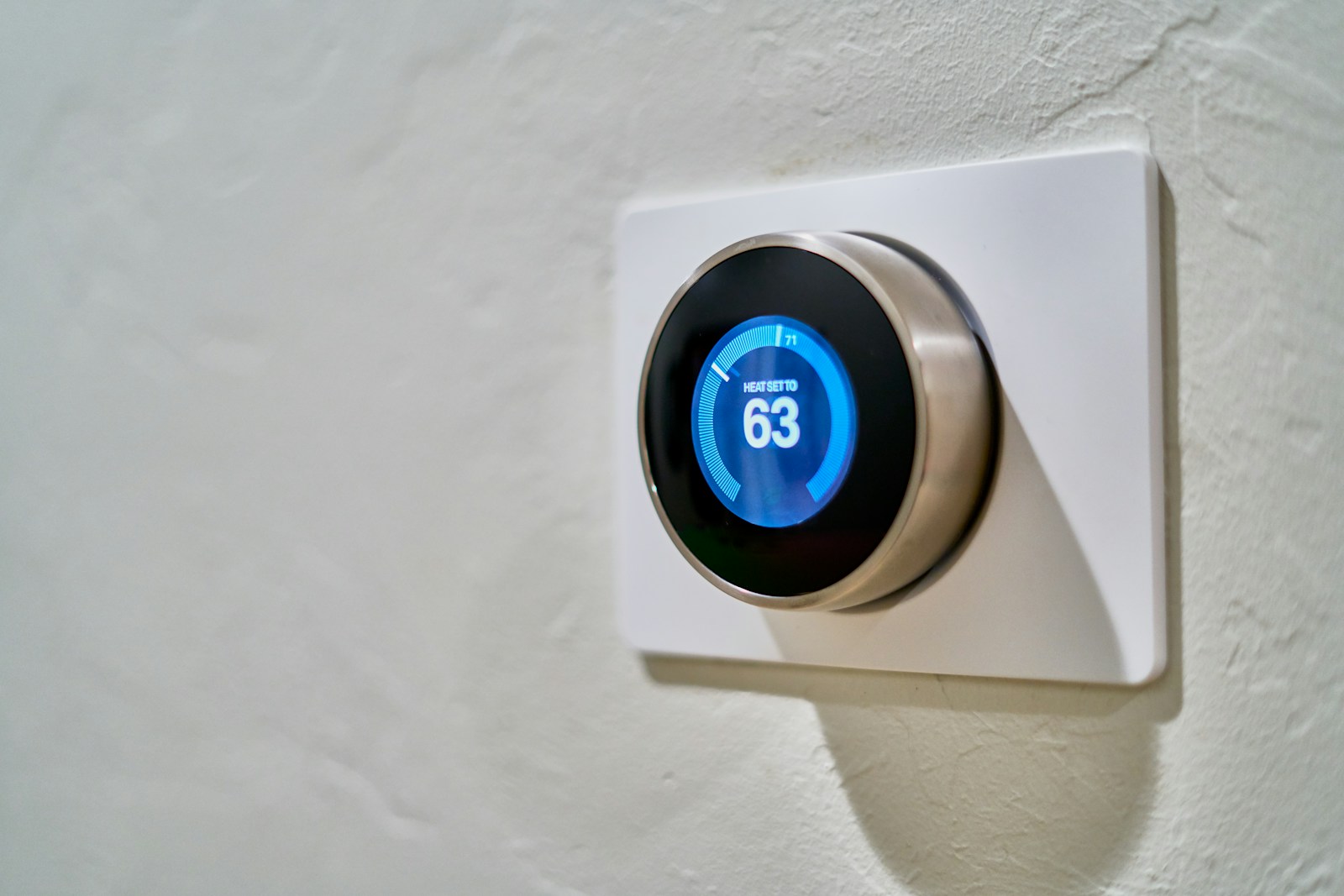
Driving home the other day i heard about BC Hydro's study when it comes to heating the home. It looks like "4 out of 10" couples tend to argue over the temperature in the home. But 5% of those 4 describe it as an "all out thermostat war".
Well funny enough this is definitely true in our household. My eldest and I love to sleep in a cooler room...not my husband he likes the house to be an insulated oven 24/7. Not even a month ago we had a very heated argument about how cold he thought the house was...so much so we went out and purchased a thermometer as we have electric heat with no gauge on how hot or cold the house actually is. He insists that room temperature should be 21/22 degrees so when we set up the thermostat and proved that in general our house sits at 21 degrees celsius and when we do laundry or cook it gets even hotter. Guess who was right. :) It isn't cold in our place.
Living in a condo, we have been pretty lucky and actually don't have to turn the heat on all that often. With the temperatures dipping below zero, we have had to turn the heat on a bit when we first get home at night. But overall, it is usually fairly comfortable in the home. Well according to me that is. :) If you asked my husband he seems to be cold all the time. When we lived in our homes with forced air heating it was definitely a battle between us, one turning the heat up and the other turning it down. I loved when digital thermostats came out, because then I could at least set it so that once he was asleep we could turn the heat down and only have it come back on to heat the house up for when he woke up in the morning.
"BC Hydro found that British Columbian couples will go to great lengths to get their way when it comes to the temperature of their home, and twice as many are motived by comfort than cost savings. More than 60 per cent admitted to adjusting the thermostat when their partner was not looking and 50 per cent say they have waited for their partner to leave the home before adjusting the dial. There are also the 20 per cent that admit to turning the temperature up or down just to annoy their partner." I am pretty sure we both have adjusted the heat up or down the minute one of us leaves the house. I definitely have and usually it is down.
I have to say I have never adjusted the heat just to annoy my husband but thought it funny to see that 20% did. Although its no coincidence that when my husband read the article that he later read out to me....he left out the part where BC Hydro recommends the temperatures to set your home at for when relaxing as 21 degrees. But to actually lower it to 18 when you are cooking and then even lower to 16 for when you are sleeping or away.
As I was looking up thermostat wars, it is also funny to see just how big a problem this actually is...its not just in our house. Work place wars seems to be quite common as well. Which when I think about it, makes sense. Many of the staff in our office like the heat turned up as they are always cold....whereas most of my team find it too hot and we look to sneak turning it down all the time. :)
The article does offer tips on how to reduce your heating costs at this time of year. To read the full article visit the following link:
BC Hydro Thermostat wars: How the battle over household temperature is turning up the heat on relationships
